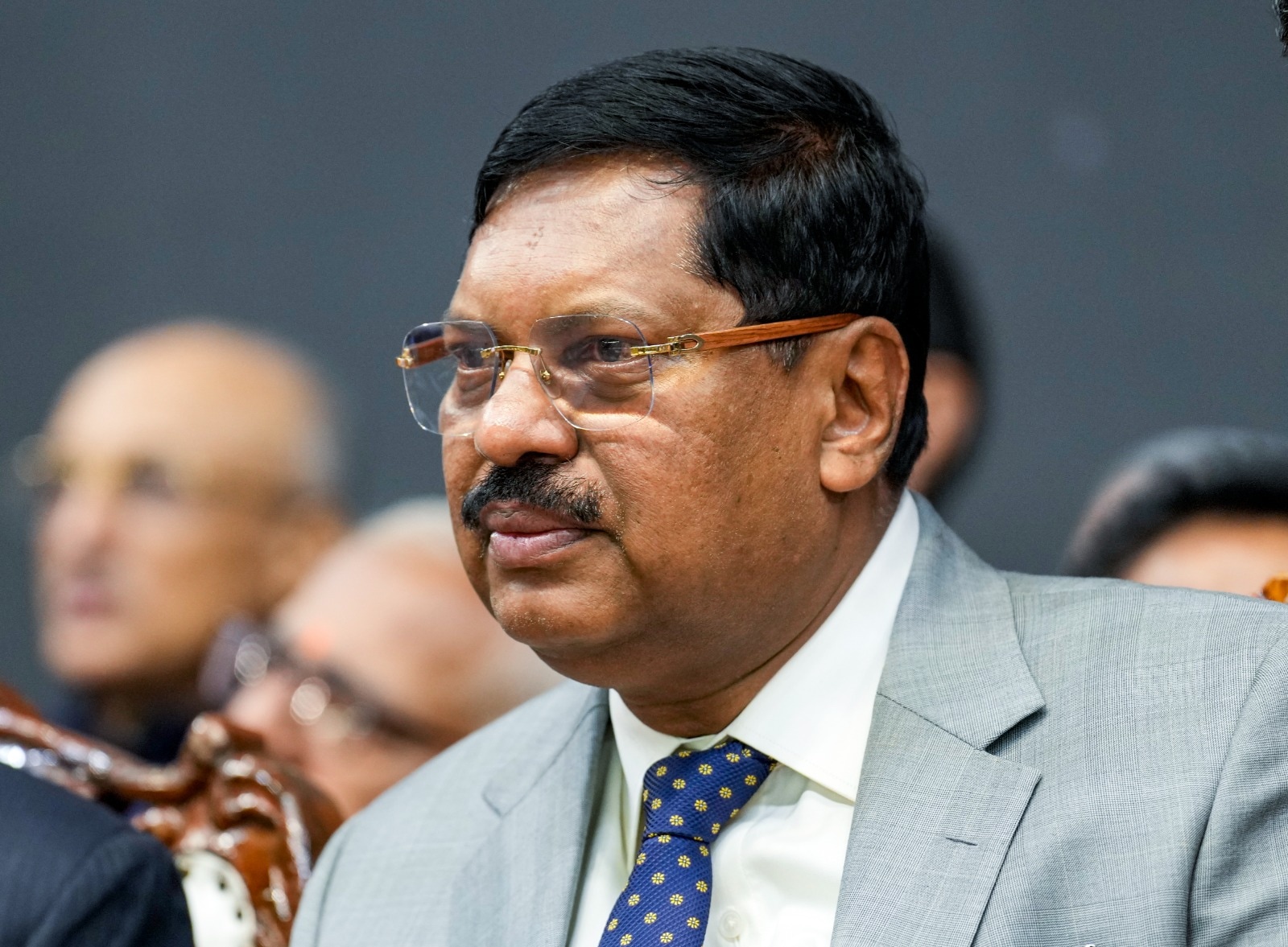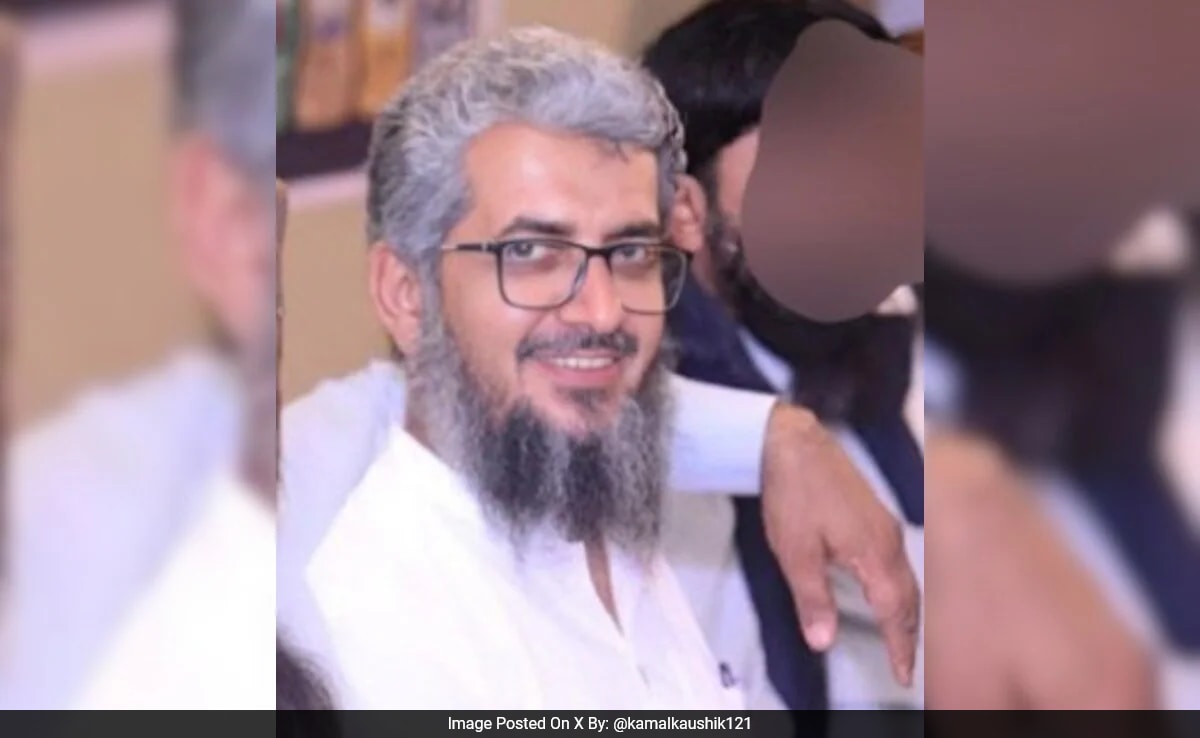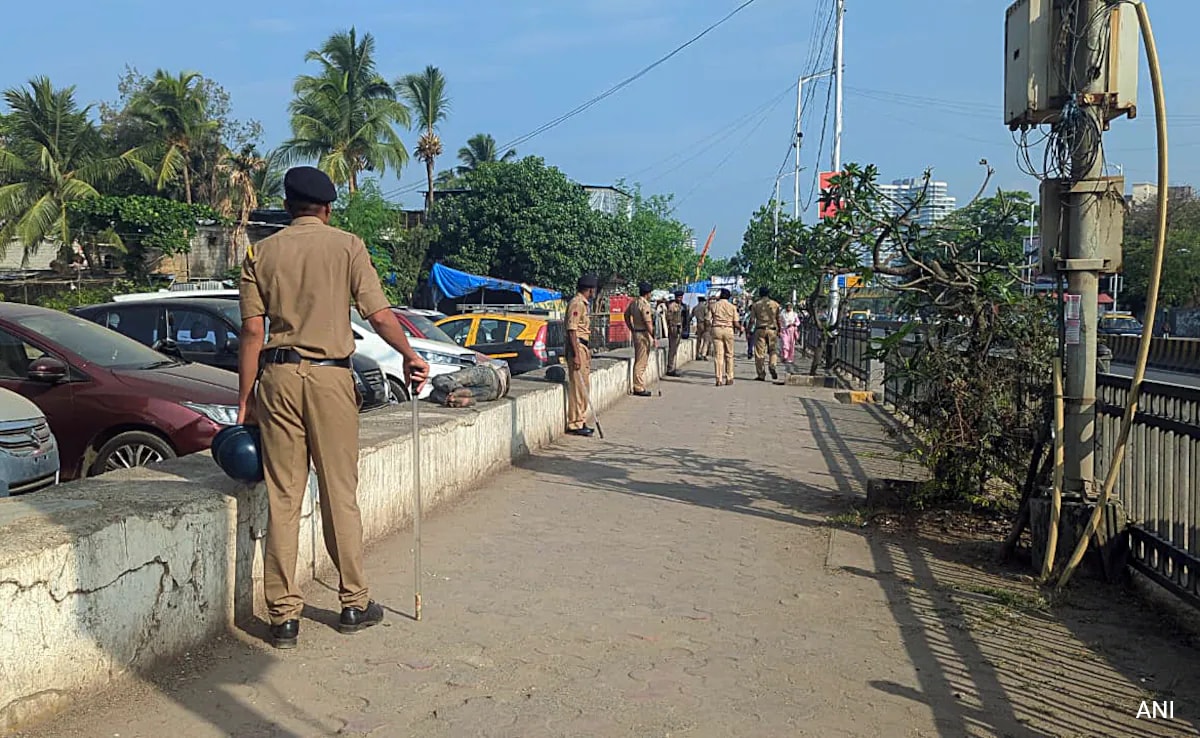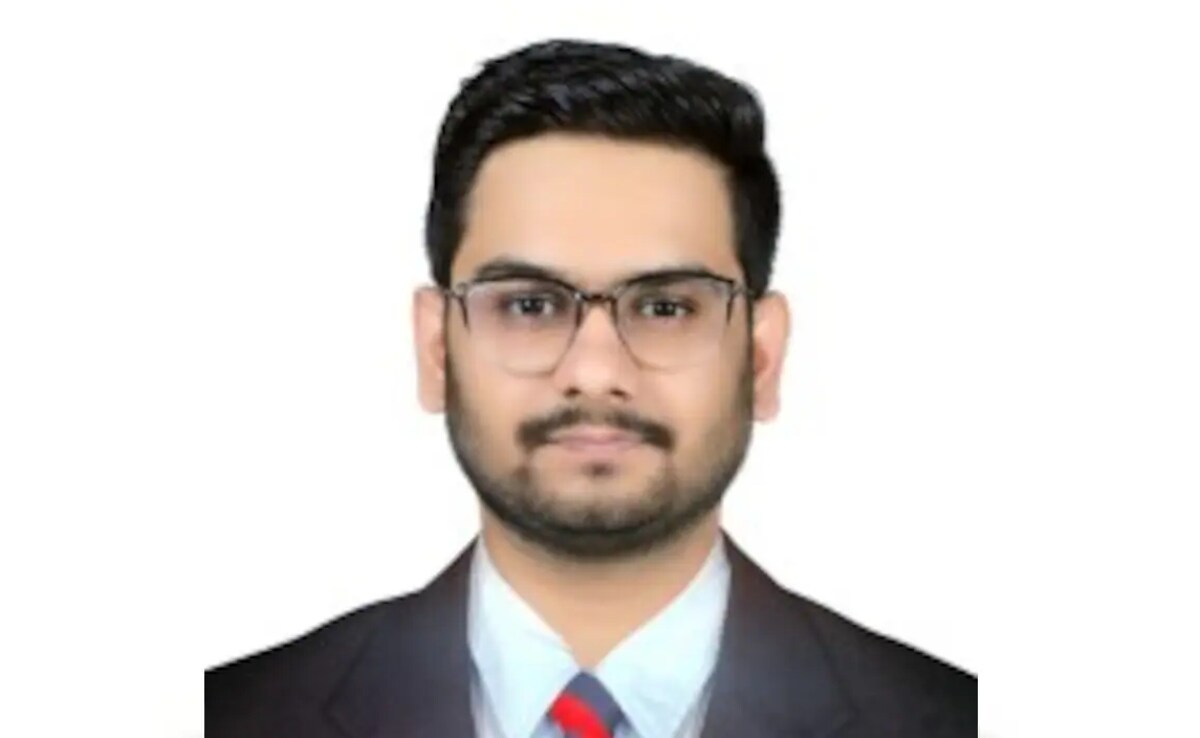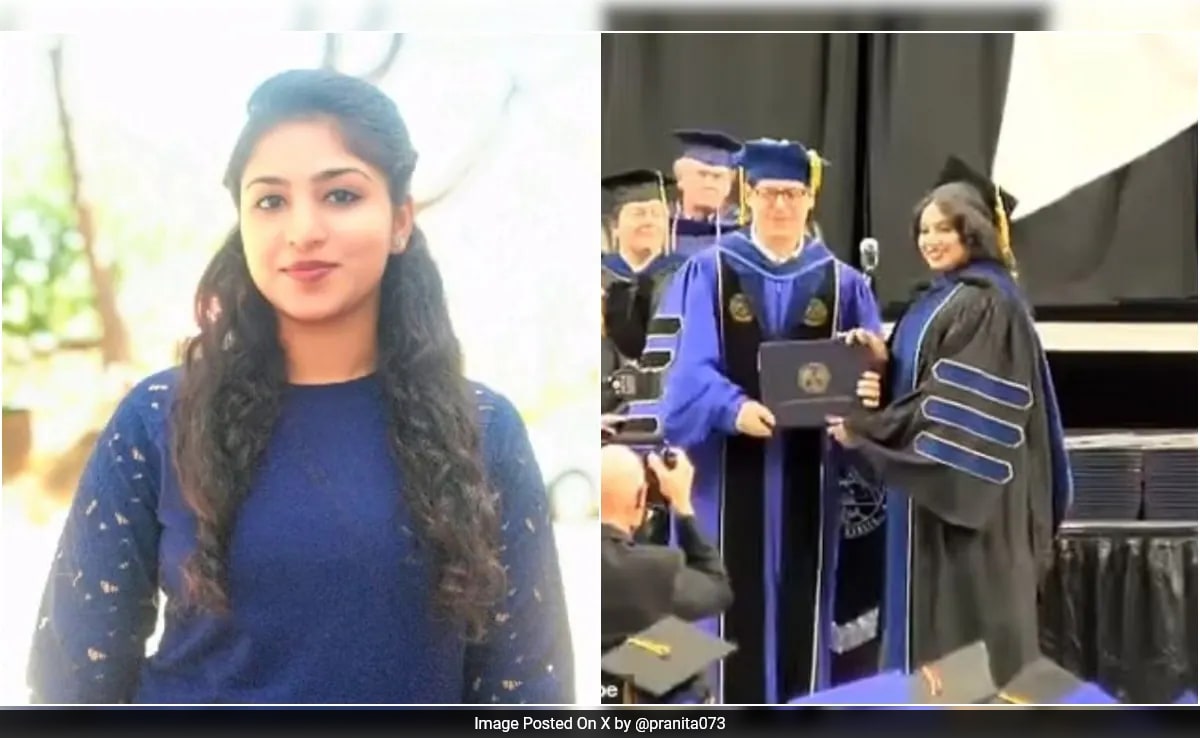Amid a debate over judicial overreach, Chief Justice of India BR Gavai today pointed out protocol gaps during a visit to his home state, Maharashtra. In a subtle remark aimed at the Executive, he said discussions about Article 142 — which gives special powers to the Supreme Court — would have begun if judges broke protocol.
The Chief Justice, who took over the country’s top judicial post last month and became the second Dalit to be elevated to the post, attended a felicitation ceremony in Mumbai and then visited Babasaheb Ambedkar’s memorial Chaitya Bhoomi.
During his address at the felicitation event organised by the Bar Council of Maharashtra and Goa, the Chief Justice pointed out the absence of three key officials — the Chief Secretary of Maharashtra, the Director General of Police and the Mumbai Police Commissioner.
“The three pillars of democracy – Judiciary, Legislature and Executive – are equal. Every Constitutional institution must reciprocate and show respect to other institutions. When a person from Maharashtra becomes the Chief Justice of India and visits Maharashtra for the first time, if the Chief Secretary of Maharashtra, the Director General of Police or the Mumbai Police Commissioner don’t feel it appropriate to be present, then they need to reflect on that. Protocols are not something new, it’s a question of the respect one constitutional body gives to another,” Chief Justice Gavai said.
“When the head of a constitutional institution visits the state for the first time, the way they are treated should be reconsidered. Had it been any one of us, discussions about Article 142 would have arisen. These may seem like small things, but the public must be made aware of them,” he added.
When the Chief Justice proceeded to Chaitya Bhoomi, Maharashtra Chief Secretary Sujata Saunik, Director General of Police Rashmi Shukla and Mumbai Police Commissioner Deven Bharti were present, ostensibly after they came to know of the Chief Justice’s remarks.
At Chaitya Bhoomi, when the Chief Justice was asked about his remarks on the protocol lapse, he replied that he is “not fussy” about protocols but had only said what had happened.

Chief Justice BR Gavai at Chaitya Bhoomi
The Chief Justice’s remarks, especially his reference to Article 142, are significant as they come against the backdrop of the allegations of judicial overreach from some quarters following the Supreme Court’s landmark judgment in the Tamil Nadu case that effectively set a deadline for the President and Governors for clearing Bills passed by the legislature for the second time.
President Droupadi Murmu has written to the Supreme Court and asked if timelines could be imposed on Governors. “Is the Governor bound by the aid and advice tendered by the Council of Ministers while exercising all the options available with him when a Bill is presented before him under Article 200 of the Constitution of India?” the President asked the Supreme Court.
President Murmu asked if a Governor’s exercise of constitutional discretion is justiciable — subject to a trial in court. She cited Article 361 of the Constitution, which says the President or the Governor shall not be answerable to any court for the exercise of the powers and duties of office.
“In the absence of a constitutionally-prescribed timeline and the manner of exercise of powers by the President, can timelines be imposed and the manner of exercise be prescribed through judicial orders for the exercise of discretion by the President under Article 201 of the Constitution of India?” President Murmu asked the Supreme Court, seeking its opinion on the matter.
In April, a bench of Justice JB Pardiwala and Justice R Mahadevan had used the court’s special powers under Article 142 to resolve a face-off over stalled Bills between the DMK government in Tamil and Governor RN Ravi. The court said the Governor’s refusal to approve 10 Bills was “illegal and arbitrary”. The judgment also said the President must consult the courts on constitutional matters. The bench said that if the matter pertains to policies, the Supreme Court can refuse to express its advisory opinion. “The exercise of a self-imposed restraint by the court in matters involving purely political considerations is in consonance with the doctrine of political thicket, that is, the courts do not venture into areas of governance in which the Constitution gives a prerogative solely to the executive.”
“However, in certain exceptional circumstances, the Governor may reserve a bill for consideration of the President on the grounds that the bill is perilous to the principles of democracy and an interpretation of the Constitution is necessary to ascertain whether such legislation should be granted assent or not. In such cases where a bill has been reserved majorly on the grounds of not being in consonance with the constitutional principles and involves questions of constitutional validity, the executive is supposed to exercise restraint,” it said.
“It is expected that the Union executive should not assume the role of the courts in determining the vires of a bill and should, as a matter of practice, refer such question to the Supreme Court under Article 143. We have no qualms in stating that the hands of the executive are tied when engaging with purely legal issues in a bill and only the constitutional courts have the prerogative to study and provide recommendations as regards the constitutionality of a bill,” the judgment said.
This judgment led to strong responses from several quarters, including a couple of BJP MPs. BJP’s Nishikant Dubey questioned if the Supreme Court can give directions to the Chief Justice’s appointing authority – the President. “Supreme Court is responsible for inciting religious wars in the country. The Supreme Court is going beyond its limits. If one has to go to the Supreme Court for everything, then Parliament and State Assembly should be shut,” he said.
The BJP distanced itself from the remarks and said it has always respected the Judiciary.
While the court did not entertain a contempt of court plea against Mr Dubey, stressing that courts are not “fragile as flowers”, it described the BJP MP’s remarks as “highly irresponsible” and aimed at attracting attention.
